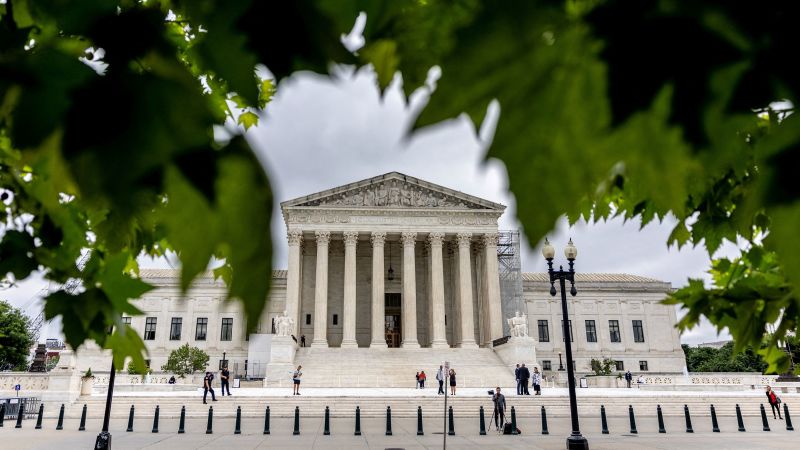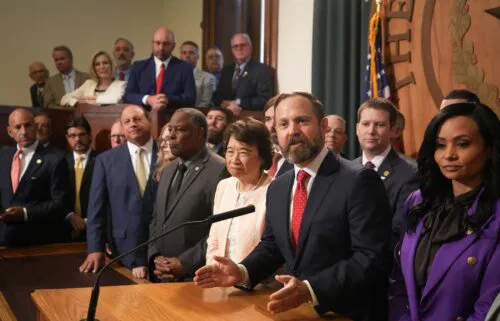
Trump Administration Seeks Supreme Court Approval to Remove FTC Member
Politics | 9/4/2025
The Trump administration has made a significant move by petitioning the Supreme Court to grant permission for the removal of Federal Trade Commission member Rebecca Slaughter. This request, submitted on Thursday, marks a pivotal juncture that may impact the independence of federal agencies. The administration’s plea for urgent action raises questions about the boundaries of executive authority over such entities.
The appeal to dismiss Commissioner Slaughter underscores a broader debate surrounding the extent of presidential power in shaping the composition of federal agencies. Legal experts note that the outcome of this case could have far-reaching implications for the separation of powers and the checks and balances within the government. The administration’s stance in seeking the removal of Commissioner Slaughter is likely to spark further discussion on the delicate balance between executive control and agency independence.
In response to the administration’s request, a White House official emphasized the necessity of ensuring alignment within the FTC for effective policymaking. The official stated, “It is crucial for the President to have the ability to shape the leadership of federal agencies to carry out the administration’s agenda efficiently.” This assertion highlights the administration’s perspective on the significance of personnel decisions in advancing policy objectives.
On the other hand, proponents of agency independence argue that safeguarding commissioners from arbitrary dismissal is essential for maintaining regulatory integrity and impartiality. The pushback against the administration’s attempt to remove Commissioner Slaughter underscores the divergent views on the appropriate level of executive influence over regulatory bodies. As the Supreme Court considers this critical issue, the decision will likely set a precedent for future interactions between the executive branch and independent agencies.
The outcome of this appeal holds implications not only for the immediate case of Commissioner Slaughter but also for the broader landscape of federal agency governance. With the Supreme Court’s decision pending, the interplay between presidential authority and agency autonomy remains a focal point of scrutiny and debate within the realm of government oversight and accountability.


